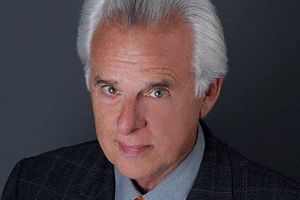The increasing outsourcing of health-care policy to medical bureaucrats during the COVID-19 crisis illustrates the dangerous temptation to remove control over policy from democratic deliberation in favor of a technocracy, i.e., rule by “experts.” In health care, such a system would be particularly perilous since the experts placed in charge of policy would be “bioethicists” whose predominant views disparage the sanctity of human life.
How does one become a “bioethicist”? While many universities offer degrees in bioethics, there are no precise qualifications. Indeed, practitioners are not professionally licensed as are attorneys, physicians, and, for that matter, barbers. The most prominent bioethicists are university professors with degrees in philosophy, medicine, and/or law, but even that isn’t a given. For example, because my opinions about bioethical issues are frequently published, I am often called a bioethicist — not a term I choose for myself — even though I took no bioethics courses in school. 
Here is the terrifying problem. The most influential of our would-be health-care overlords hold immoral and amoral values not shared by most of those who would be impacted by their policy prescriptions. For example, most mainstream practitioners reject the belief that human beings have unique value and — unless they have a modifier such as “Catholic” or “pro-life” in front of their identifier — embrace a utilitarian “quality of life” approach to medical decision-making, according to which some of us are judged to have greater worth than others based on discriminatory criteria such as cognitive capacity, state of health, and age.
This ideology leads the field’s most prominent leaders into very dark places. In 1997, bioethics professor John Hardwig argued in favor of what is known in the field as the “duty to die.” Hardwig’s advocacy was not published in an obscure corner of the internet of little consequence. Rather, it was presented with all due respect in the Hastings Center Report, the world’s most prestigious bioethics journal. That fact alone means that the “duty to die” has long been deemed respectable in the field.
The most influential of our would-be health-care overlords hold immoral and amoral values not shared by most of those who would be impacted by their policy prescriptions.
Hardwig argues that to “have reached the age of say, seventy-five or eighty without being ready to die is itself a moral failing, the sign of a life out of touch with life’s basic realities.” Why? “A duty to die is more likely when… Read More>>



You must be logged in to post a comment.